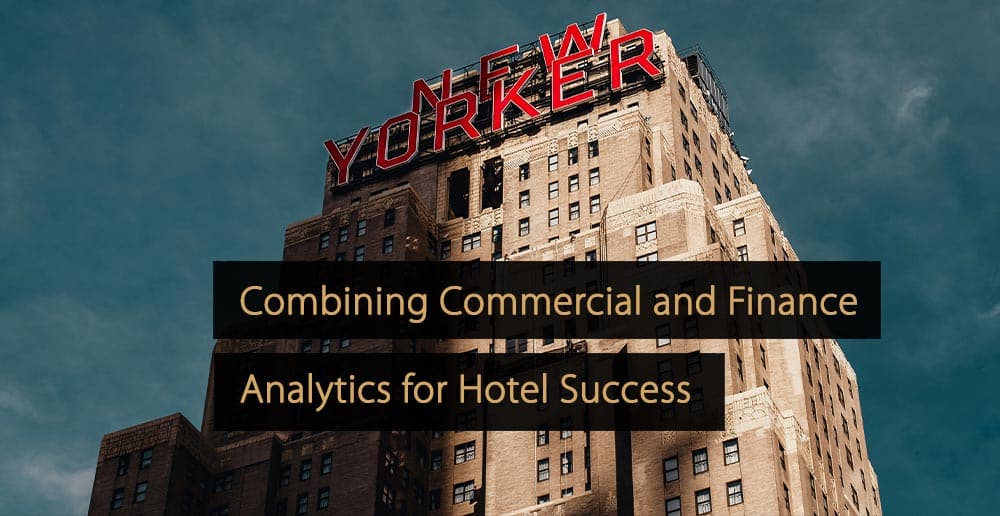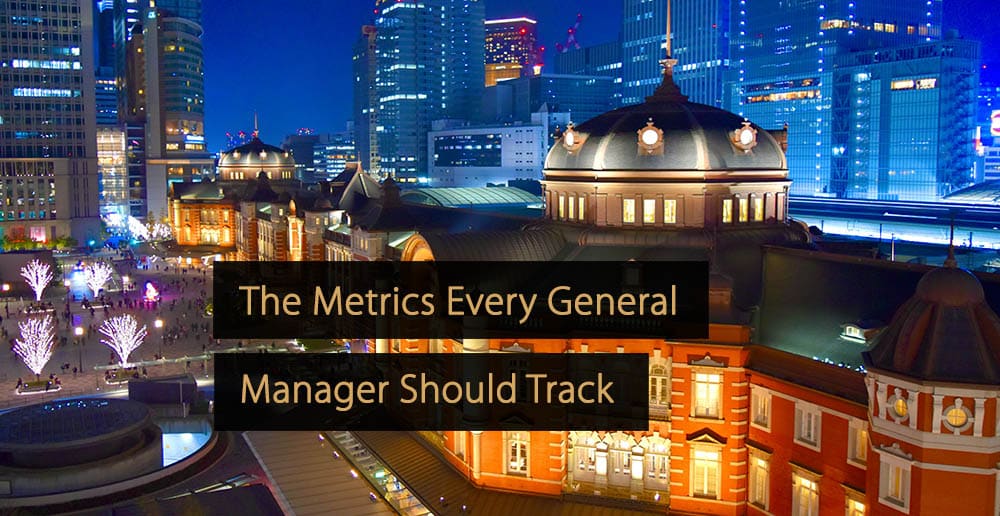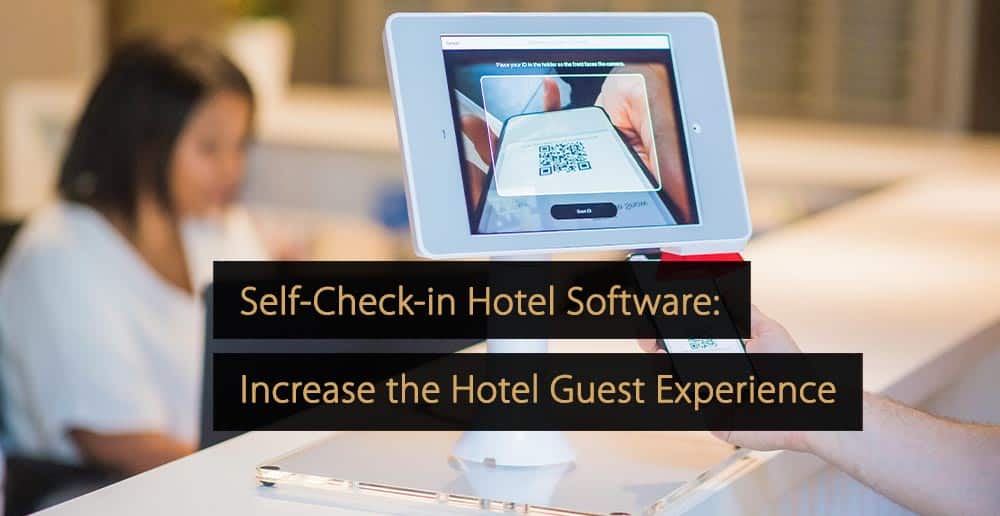
Spa Software: How to Choose the Best Software for Your Spa?
Spa software is used within spas, beauty salons and similar businesses to manage day-to-day operations. The software typically allows you to manage bookings and finances, create employee schedules, and oversee inventory information. The importance of spa software lies in its ability to help staff manage important information. This includes data related to customer bookings and information relevant to spa employees. In this article, you can learn more about spa management software and why it is
How Can Hotels Integrate F&B Outlets into Marketing to Enhance The Guest Experience?
Question for Our Hotel Marketing Expert PanelHow can hotels incorporate their F&B outlets into their greater hotel marketing strategy? And how can they leverage the additional touchpoints in the customer experience?(Question by Stephanie Smith) Our Marketing Expert Panel Thom de Graaf - Online Marketing Specialist, The Orange Studio Luminita Mardale - Director Of Marketing And Business Development, Vienna House Nicole Sideris - Founder & Principal Consultant, X Hospitality Michael
Breaking the Silos: Marrying Commercial and Finance Analytics for the Greater Good of Everyone
In today’s complex and competitive hospitality environment, complacency is not an option. Data-driven decision-making is essential for the success of your business. In most organizations commercial analytics are the domain of sales, marketing and particularly revenue management. Financial data is leveraged by Accounting and Finance teams focusing on costs, profitability and overall financial health. In this article you’ll learn why and how these types of data should be leveraged together by both Finance and Commercial
The Myopic Pursuit of Channel ROAS: How to Avoid this Hotel Industry Pitfall
In the ever-evolving landscape of digital marketing, the hotel industry finds itself at a crossroads. While embracing the digital revolution, many hoteliers have fallen into a trap that threatens to undermine their marketing efforts; an obsessive focus on individual channel return on ad spend (ROAS). This fixation, while seemingly logical, is creating a significant disconnect in the industry's approach to customer acquisition and retention, ultimately hampering growth and missing opportunities for deeper customer engagement. The
The Future of Hotel Competitiveness is Connectivity
The future of hotel competitiveness is being redefined by connectivity. No longer just background infrastructure, seamless integrations are now a critical driver of growth and profitability. Hotels that embrace connectivity gain visibility, control, and efficiency. Those who ignore it risk falling behind with costly errors and missed opportunities. In this article, you’ll learn how internal and external connectivity increase visibility, control, profitability, and operations, giving hotels a lasting competitive edge. Connectivity as the New Growth Engine for Hotels Hotels are no longer ignoring connectivity. In fact, seamless integrations have become a critical focus for owners and operators worldwide. According to
Top Tips to Keep Hotel Revenue Management Teams Trained and Updated
Question for Our Revenue Management Expert Panel: What are the most impactful ways to ensure a hotel's Revenue Management team stays up to date with industry trends and best practices? (Question proposed by Diego Fernández Pérez De Ponga) Our Revenue Management Expert Panel Pablo Torres - Hotel Consultant Kathryn Baker - COO, TCRM (Total Customized Revenue Management) Niko Krauseneck - Founder, RevenueRebel Massimiliano Terzulli - Revenue Management Consultant,
The Insights & Misconceptions of Social Selling in Hospitality
Question for Our Hotel Marketing Expert Panel What is the impact of social selling in hospitality? What are the best practices for success? Are there any misconceptions about it and if so, why? (Question proposed by Cory Falter) Our Marketing Expert Panel Cory Falter - Partner, Lure Agency Moriya Rockman - Chief of Marketing, Smiling House Luxury Global Max Starkov - Adjunct Professor Hospitality Technology, New York University
Difference Between a Hostel and Hotel: The Essential Guide
The difference between a hostel and hotel encompasses design, the range of services and the intended guest experience. For example, hostels prioritize a shared experience with other guests, while hotels offer comfort and privacy. Understanding the difference between a hostel and hotel is important because the two accommodation types have
The Metrics Every General Manager Should Track
Starbucks used to track average transaction value as its flagship metric for success. If the number went up, it meant customers were spending more and business was good. Except, they knew it wasn’t that simple, and they were missing out on key insights into spending habits, loyalty, and long-term value.
Self-Check-in Hotel Software: Increase the Hotel Guest Experience
Self-check-in hotel solutions can help to improve the guest experience within hotels, while also making life easier for your front desk employees. In this article, you can learn all about self-check-in hotel technology, explore the different options available, gain an appreciation of the benefits and find out about the most










